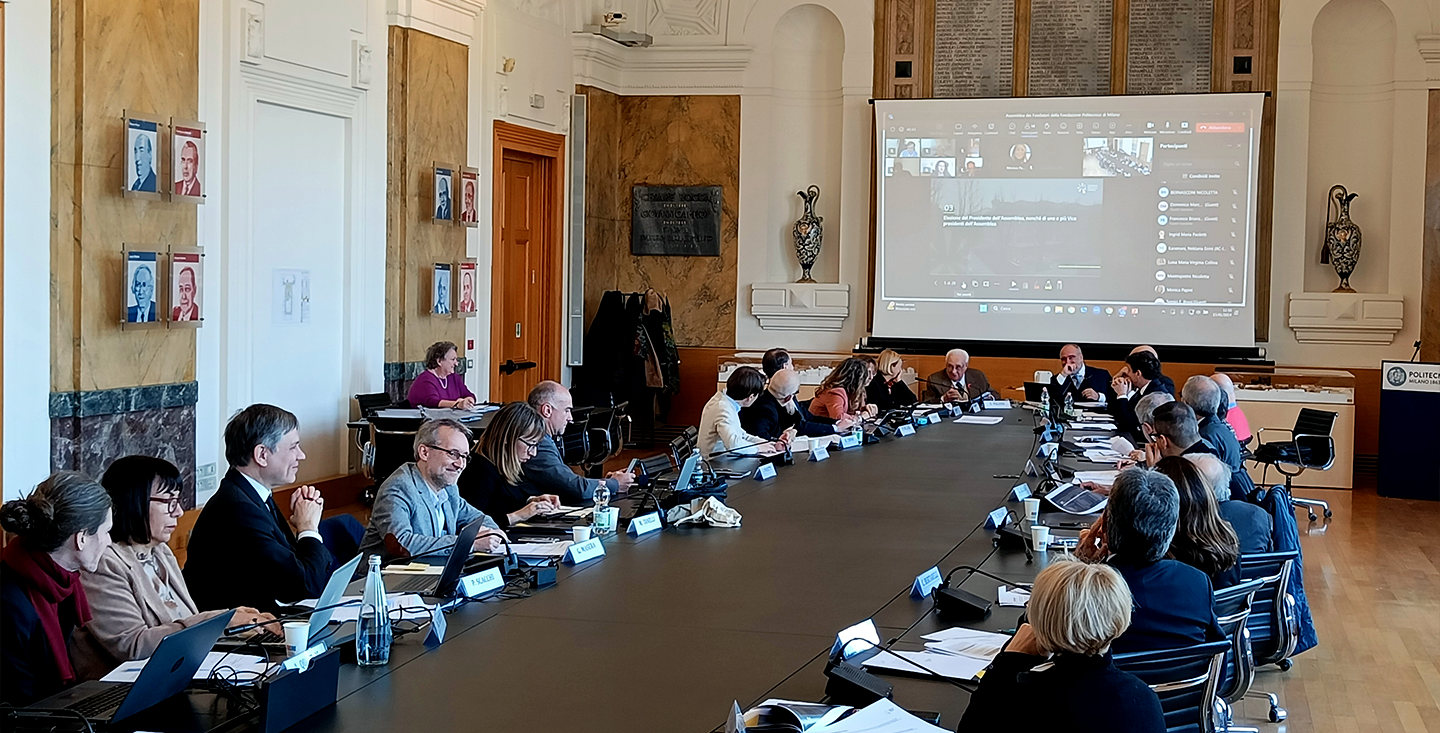In January our representative in the CUG (Comitato Unico di Garanzia), Filiberto Canino, had presented on the agenda of the monthly meeting a problem related to the privacy of the grades published by teachers.
The results of exams are in fact often published through a list that associates the grade to the student's personal code, or even to his name and surname. The current legislation (art. 6 paragraph 4) is not clear and even allows the diffusion (It is diffusion in the case where the publication of the grades takes place on the internet in plain text with the name and surname of the student)
A discussion with the principals of the schools was sought in order to understand the reasons behind the problem and the best way to solve it, and Filiberto was invited to discuss it in the Didactic Council (an advisory body in which student representatives in the central bodies and school principals participate by right).
During the meeting, the various technical difficulties that professors encounter in creating WeBeep pages reserved only for those enrolled in the roll call and the different reasons why publishing with a person code can be useful in certain circumstances emerged.
The management of grade posting is therefore left, to date, to common sense.
It would be appropriate for sensitive data to be linked only to the matriculation number which does not make it possible to trace students, unlike the person code which is linked to the identity of the student.
In recent months, we have continued to work on this issue and two concrete proposals have been formulated, which are summarized below.
Proposal #1
The first proposal is that the information can be communicated not only through online services or by sending emails to those enrolled in the call, but also through the WeBeep teaching portal. This is on the condition that by communicating the grade only the student's number is shown.
As already expressed, we believe it is incorrect to allow the identity of those who have received a grade to be traced, without the latter having first had the opportunity to exercise their right to confidentiality.
Particular care should also be taken not to publish in any form other documents (e.g. laboratory rosters, appointments for oral examinations, etc.) that would allow the student's number to be associated with their name.
Therefore, the following combinations would be prohibited:
- Person code (8 digits) – first and last name – grade
- Person code (8 digits) – grade
- First and last name – grade
- Student number (6 digits) – Person code – first and last name – grade
- First and last name – grade
- Student number (6 digits) – first and last name – grade
Proposal #2
The second proposal calls for outcomes to be communicated solely through Online Services in one of the following ways:
- Through the function of communication and reporting of results
- By sending emails to those enrolled in the test, using pdf attachments or Excel sheets.
These two channels guarantee sending only to students who are enrolled in the test, who have carried out projects or workshop activities, and consequently the use of the person code is not prohibited.
The use of the student number only remains suggested, and the the following formulations would be prohibited:
- Person code (8 digits) – Name and surname – grade
- Name and surname – grade
- Student number (6 digits) – Person code (8 digits) – Name and surname – grade
- Student number (6 digits) – name and surname – grade
…What next?
The two proposals were presented to the Single Committee of Guarantee on March 25, in the coming days the members of the committee will express their opinion on both proposals.
Subsequently, the proposal approved by the Single Committee of Guarantee, can be voted in the Student Council and finally in the Academic Senate.
Come back to this article to read all the news, you will be constantly updated on the outcome of this battle.
Updates of May 16th
The Student Council unanimously approves the proposed amendment drafted in consultation between CUG and the Deans of the Schools and addresses the request to the Director General to amend the above operating instructions.
Update of July 26, 2022
The Director General, Eng. Graziano Dragoni, accepted our proposed amendment and signed the new regulation. From now on faculty are required to comply with the instructions above in proposal #2
If it happens again from today you can write to your CCS representatives by copying the CUG at cug@polimi.it




